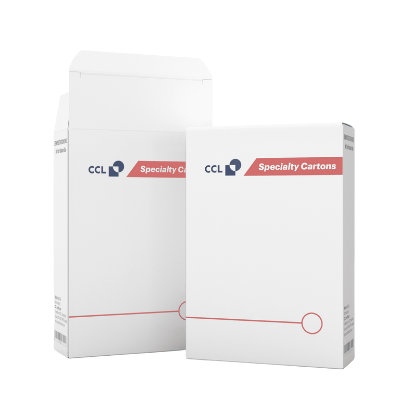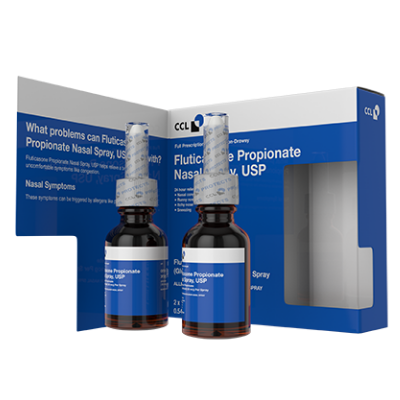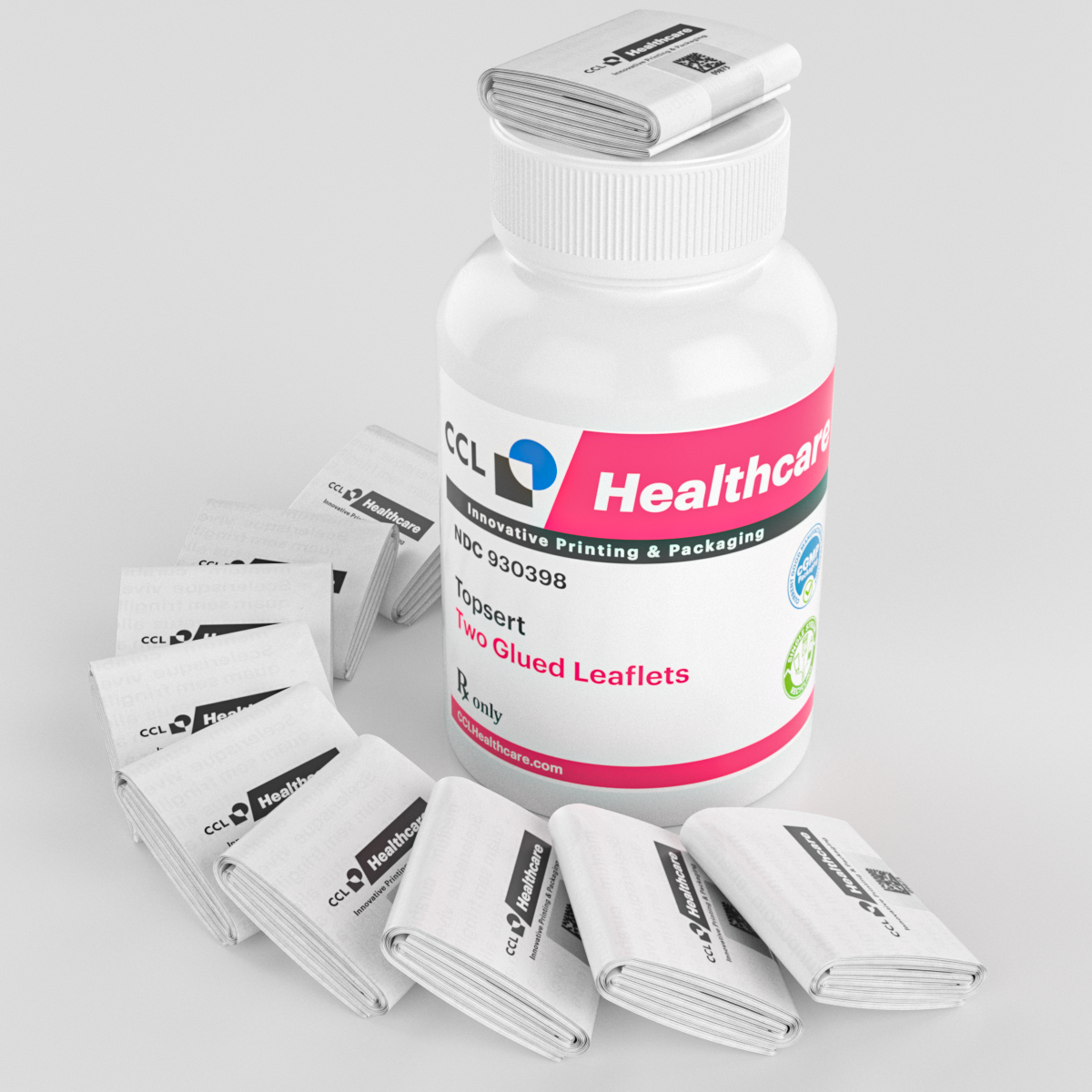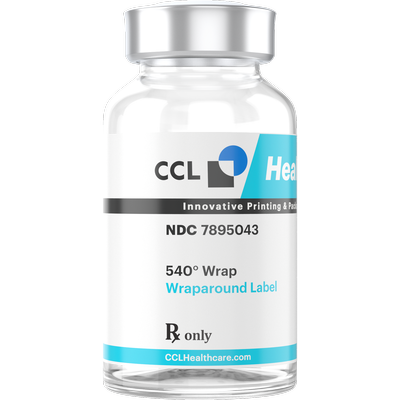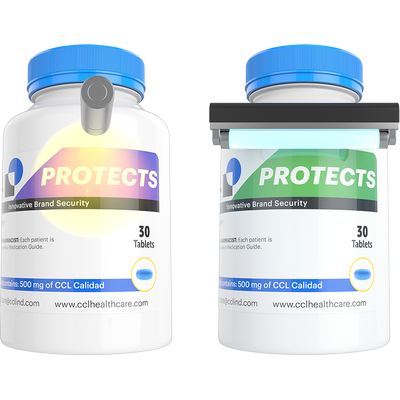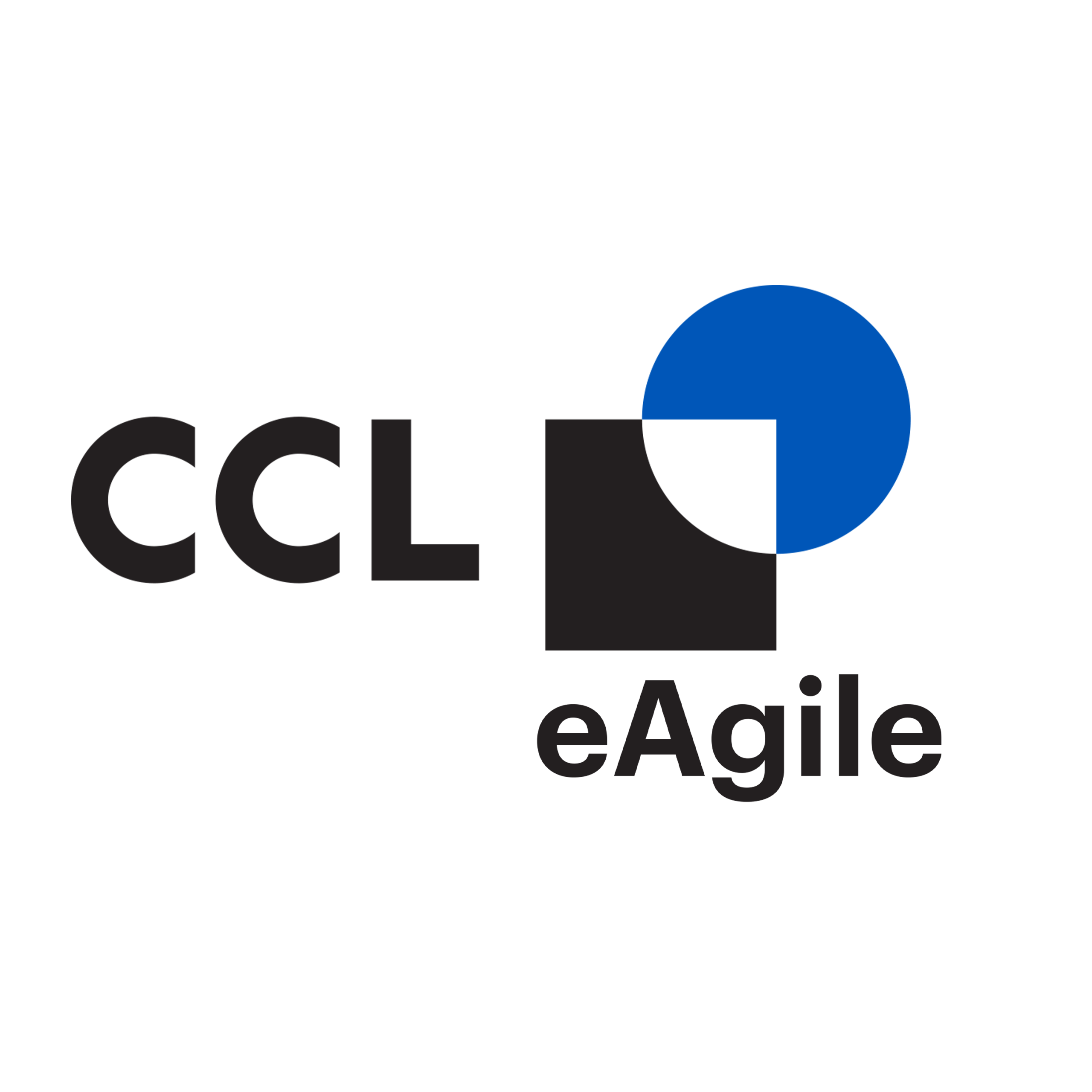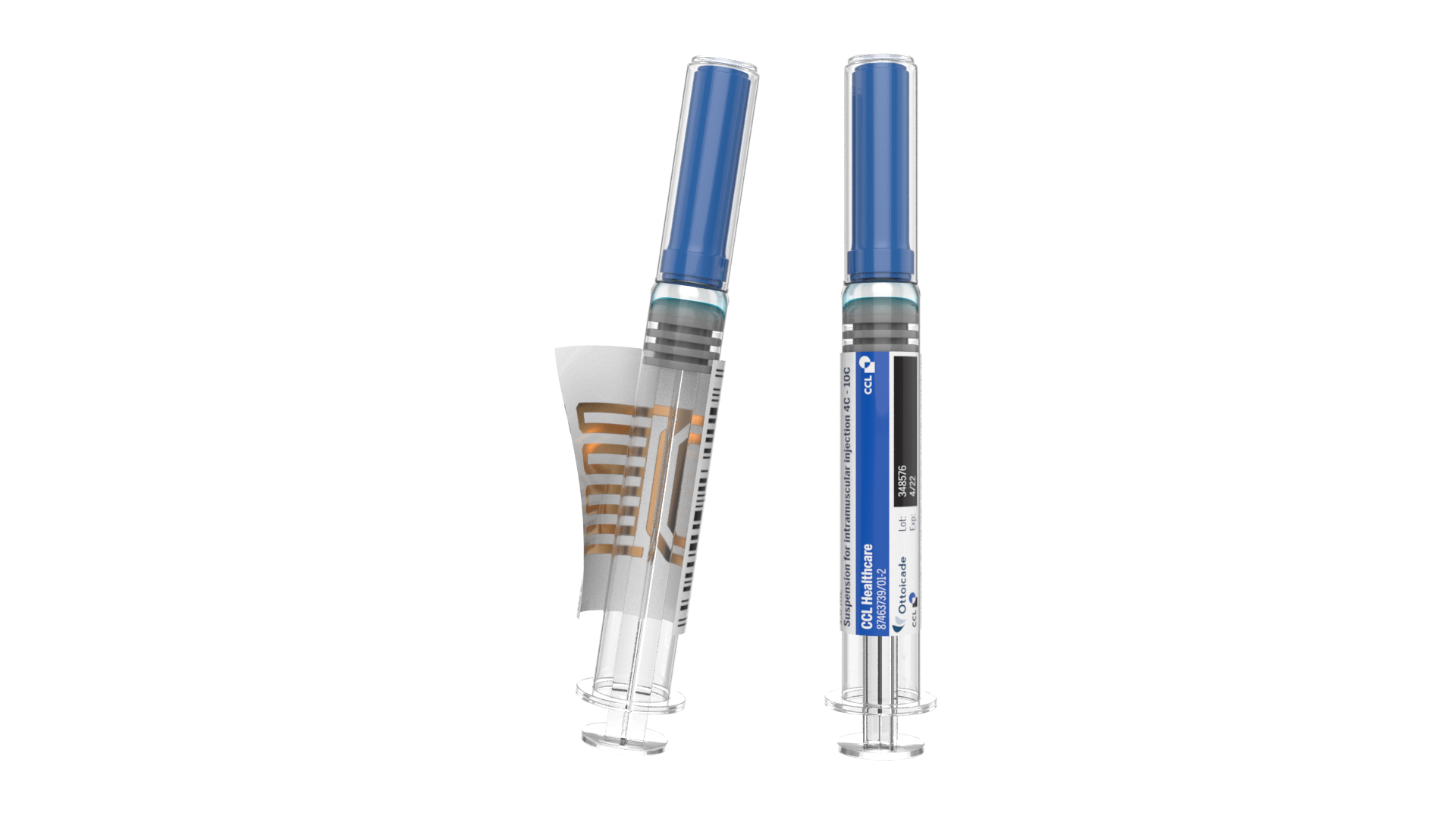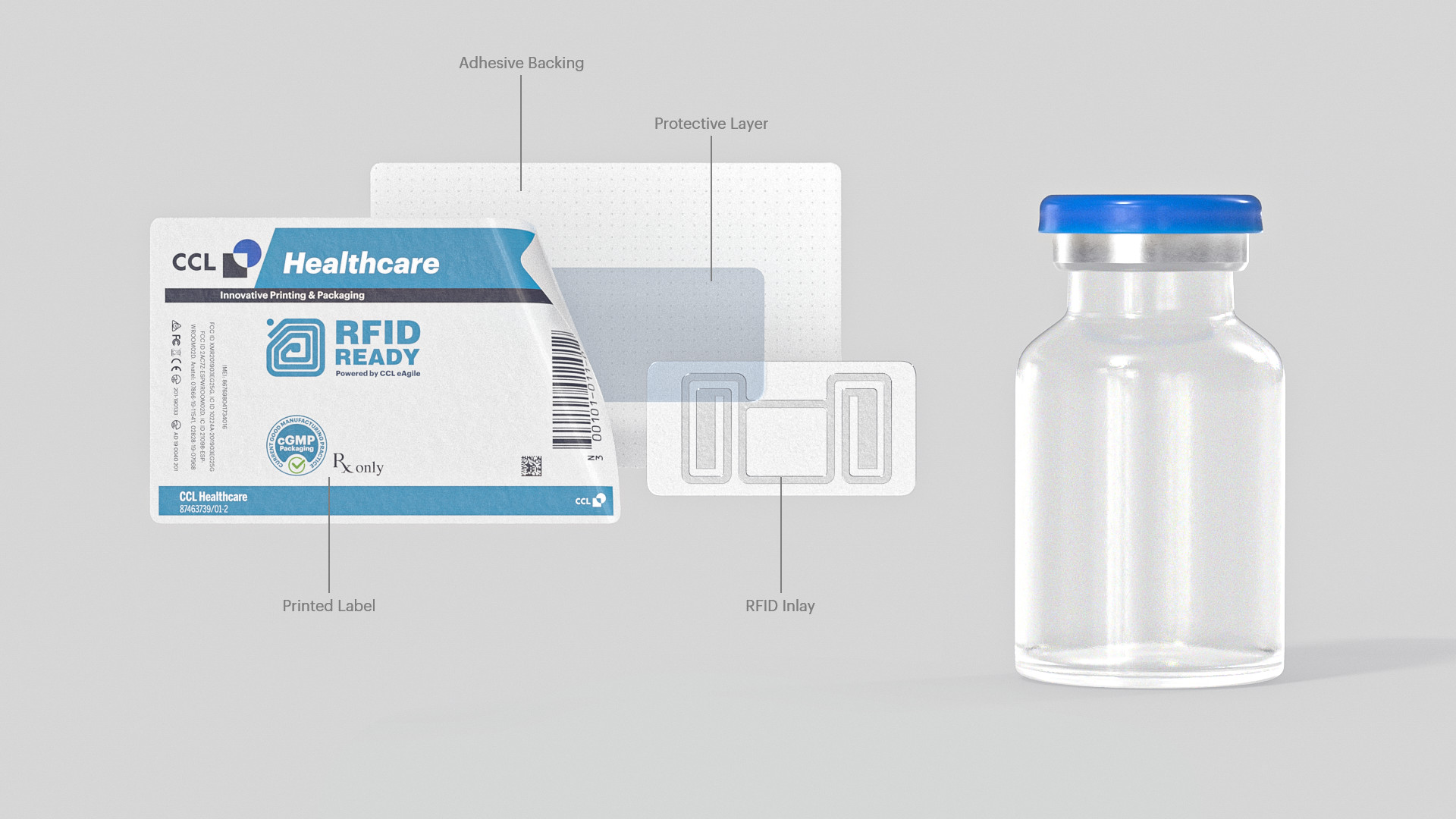
Folding Carton Styles
Folding Cartons- Cartons with Brand Protection
Folding Cartons - Brand Protection
CCL Healthcare offers custom brand security strategies and security solutions. Developing an effective brand protection strategy will defend against counterfeiting, diversion, obsolescence, and maintain brand integrity. CCL is the market leader in brand protection offering a wide range of options that included Overt, Covert, and Forensics security features all manufactured under a cGMP process with a specialization in Track and Trace Serialization. These systems protect the integrity of brands and defend against grey market activities. Brand protection can be printed onto cartons. There are both flexographic and digital printed options available for cartons.
Custom configurations, styles, and designs are available for our folding carton offerings.
Overview of Folding Cartons
Browse other Folding Cartons Features
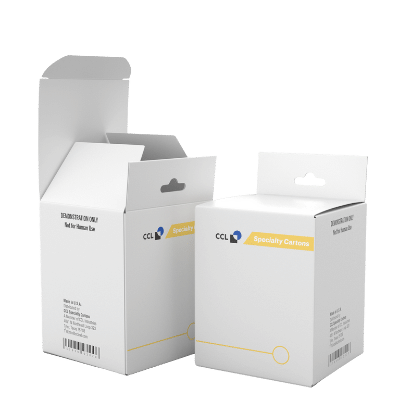
Serialization
Serialization digitally printed and electronically verified coding or unique IDs which are directly printed onto each carton.
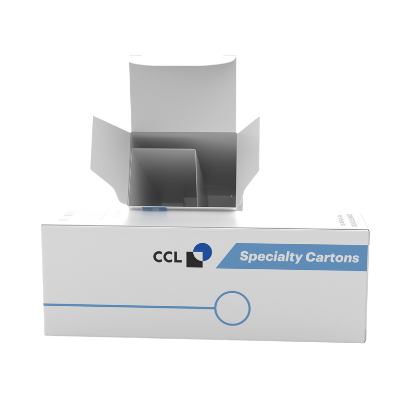
Partitions
Partitions are used to separate items going into the carton. They can also be used to keep products safe during its lifecycle.
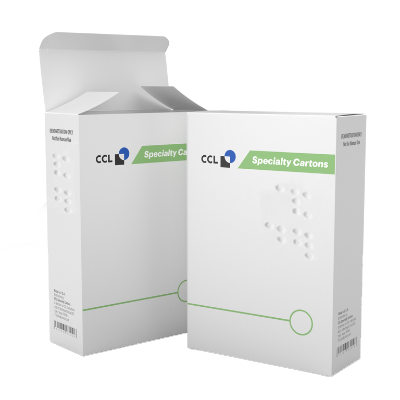
Braille
Braille is raised dotted lettering that can be added to labels or packaging for people that are blind to read the labels or packaging.
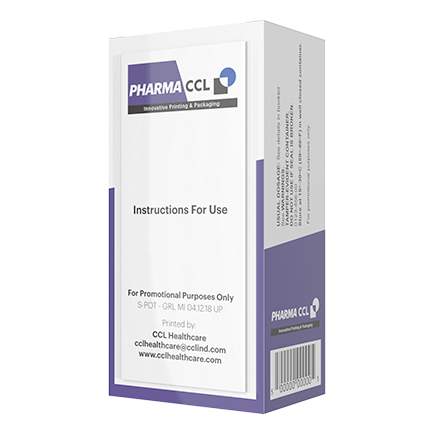
Glued Leaflets
Glued Leaflets are a page compactly folded into many panels that is glued onto the outside or inside of a carton.
The CCL Advantage
Automation
Front-End Automation
Quality Assurance
Highest Quality Standards
Structure Design
Innovative Structure Design
Speed-to-Market
Exceptional Speed-to-Market
Why Choose CCL Healthcare for Folding Cartons?
CCL Healthcare utilizes proprietary software that streamlines the quoting, ordering, design turn around, production, and finishing process to reduce lead times which allows CCL Healthcare to offer no minimum order quantities (MOQ’s). Our automated front-end and investment in custom machinery enables us to deliver customized folding cartons in high-mix/low to medium-volume quantities in turnaround times that are unparalleled in the industry without sacrificing quality. Quality is built into everything we do and that is why we have invested heavily into 100% electronic inspection systems that allow us to detect the smallest defects and automatically remove the cartons from the production run ensuring we deliver superior quality first time every.
Contact Us
Contact a Packaging Specialist.
Request a Quote
Do you need a Quote for Folding Cartons?
Order Online
Order Folding Cartons online
Browse Folded Cartons by Style
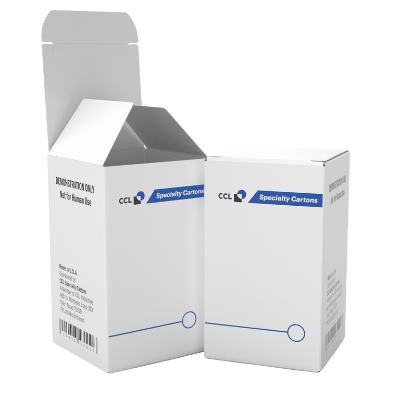
Auto Bottoms
Auto Bottoms have a bottom closure that pops into place making the set up simple, convenient, and quick.
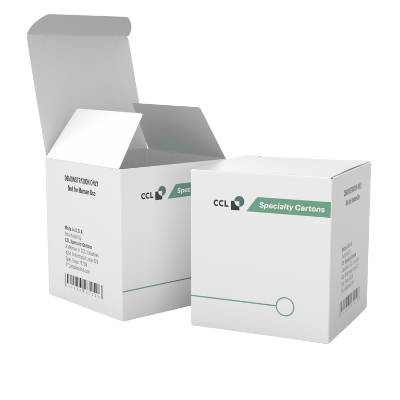
Straight Tucks
A perforated panel with a fold is added to the back panel. The perforations are aligned, and the front panel is sealed to the back panel.
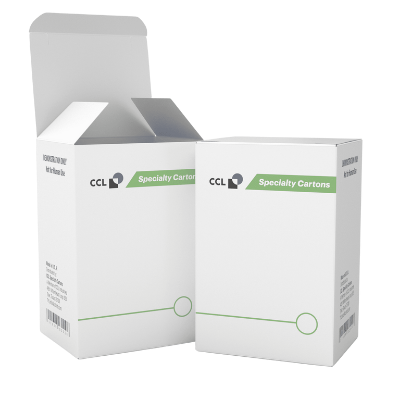
Reverse Tucks
Reverse Tucks are located at the seam along the right-side panel, in the rear. The closure panels fold at opposite sides on the top and bottom.
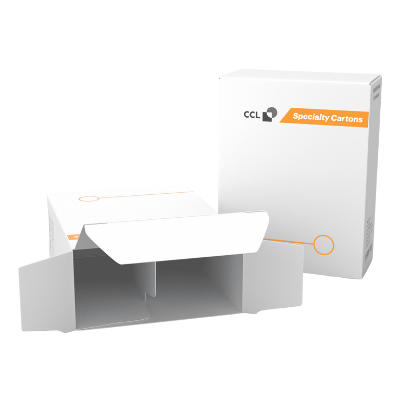
Tucks with Partitions
Tucks with Partitions has closure panels on top and bottom swing in opposite directions with a lip that tucks and a partition inside.
- All
- Blog
- Packaging University 101
